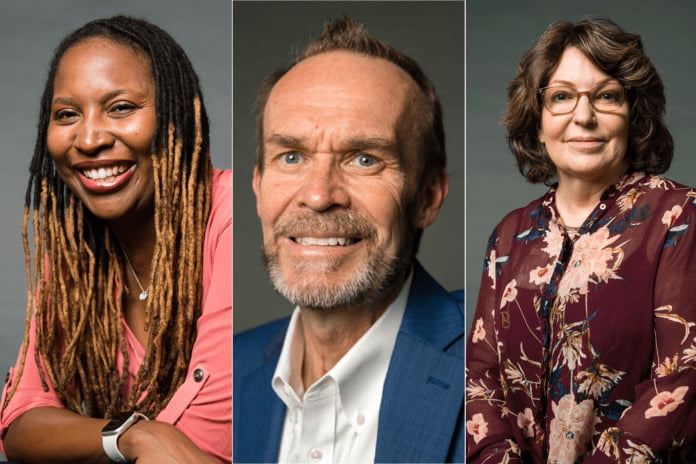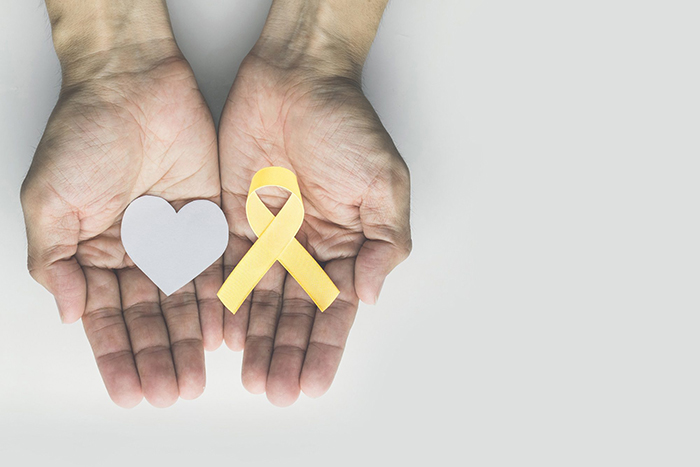Dave Lamm is an avid cyclist and regularly pedals 30 to 60 miles on the weekend. During the week, he walks 12,000 to 15,000 steps per day. These would be impressive distances for most people, especially a 62-year-old man. In Dave’s case, you might actually call his athletic prowess a miracle.
In 2020, Dave had “all sorts of scanning, all sorts of scoping done” at various hospitals in Atlanta as he tried to find an answer for his chronic cough. Finally, the medical director at his company suggested he check out Winship Cancer Institute of Emory University.
“When I came to Emory,” Dave says, “ultimately what they found out was that I had stage-four kidney cancer, and that the cancer on the kidneys had spread to the lungs.”




